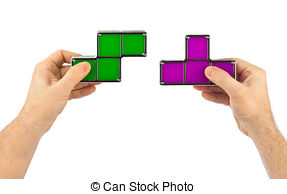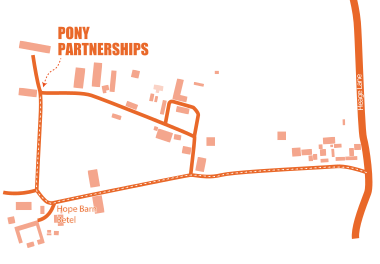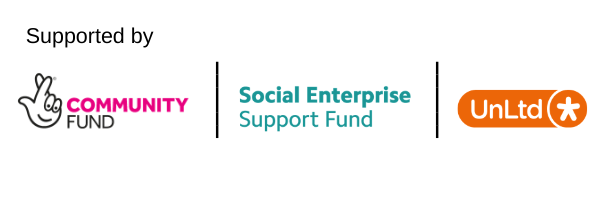The Tetris Effect and Positivity Training
Posted 29 Jan 2016

I was at a training course this week run by Tony Brooks, He introduced me to “The Tetris effect” which is said to occur when people devote so much time and attention to an activity that it begins to pattern their thoughts, mental images, and dreams. Some people credit Neil Gaiman with first describing the Tetris effect in a 1987 poem “Virus in digital dreams,” but the expression is usually traced back to a 1994 Wired article.
People who played Tetris for a prolonged amount of time could find themselves thinking about ways different shapes in the real world can fit together, such as the boxes on a supermarket shelf, the buildings on a street, or hallucinating pieces being generated and falling into place on an invisible layout. In this sense, the Tetris effect is a form of habit. They might also dream about falling tetrominos when drifting off to sleep or see images of falling tetrominos at the edges of their visual fields or when they close their eyes. Research has shown that this is not limited to Tetris but has been shown to apply to other computer games (game transfer phenomena) as well as more practical activities like rock climbing. This idea led to further research as to what might be going on in the brain to create these effects. The brain goes through a nightly rehearsal of what it has learned during the day to consolidate the memories and keep the useful ones. It may be that the Tetris effect is a manifestation of this process.
So, why am I talking about this? Well, how about if we could use this concept to train ourselves to become more positive and more able to see the good rather than the negative in a situation?
Tony challenged us to write 5 positive things about each day for 21 days – the idea being that the Tetris effetc might become a ‘positivity effect’.
I am currently on day 4 and am already noticing a difference – I challenge you to join in and see how you find it – I would love to hear about how you are doing!



















